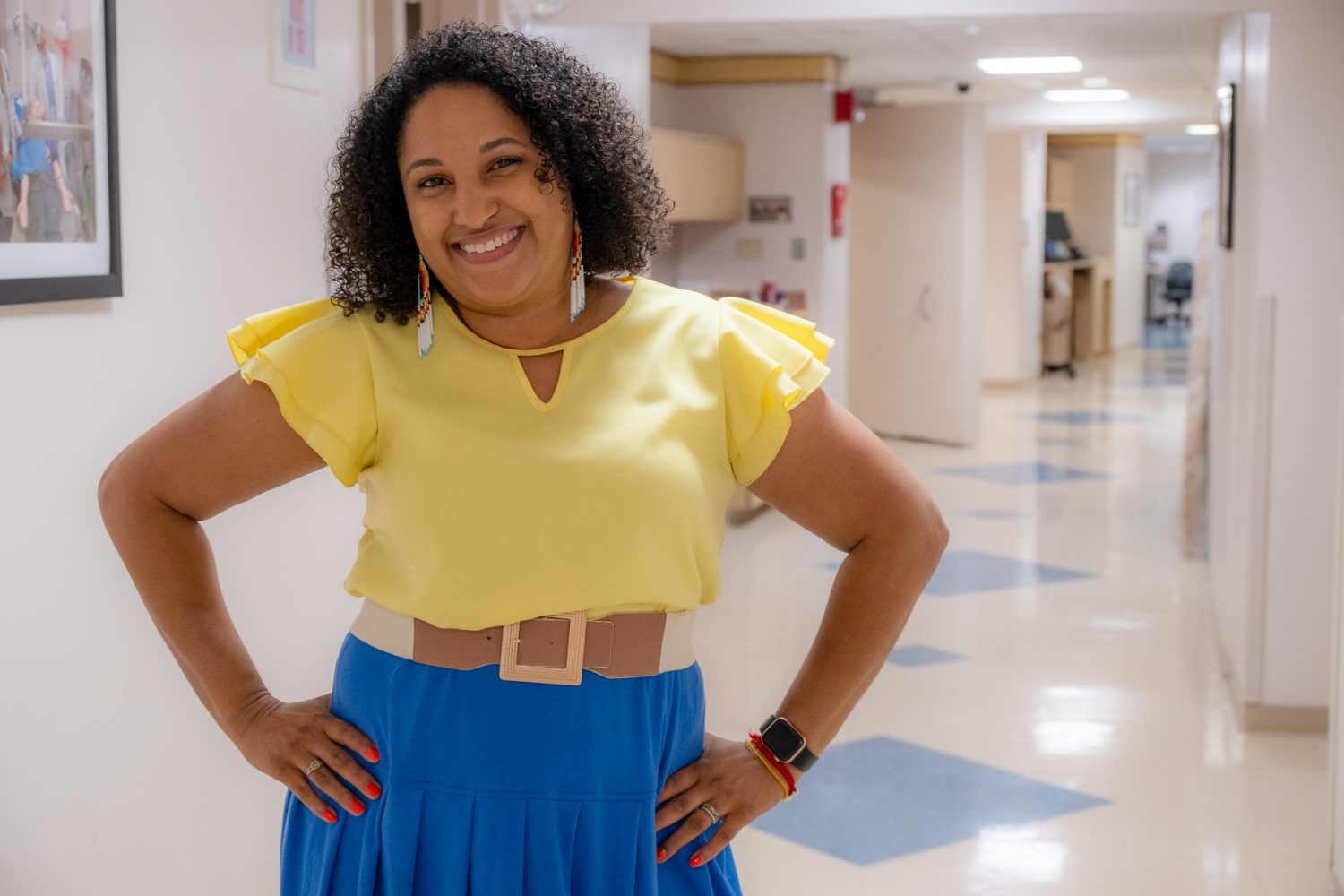While UConn School of Medicine is celebrating its 50th anniversary, having produced nearly 4,000 doctors in that time, its longstanding Clinical Longitudinal Immersion in the Community (CLIC) Program is celebrating more than 25 years as the cornerstone of the medical school’s curriculum.
“The CLIC program is part of the curriculum that allows medical students to work with doctors in the real world from the beginning month of their medical school career,” says Dr. Anton Alerte, medical director of the CLIC Program at UConn School of Medicine.
Introduced in 1995, the program was one of the first of its kind, serving as a national model. In fact, an opportunity to work with patients early on is one of the many reasons students chose UConn for medical school. For the last 27 years, CLIC has been matching first-year medical students to work for 3-4 years alongside faculty and other community-based physician preceptors.
Every year, 350 medical students are enrolled in the CLIC Program, with hundreds of physicians across 60 Connecticut towns serving as preceptors. CLIC students build their patient care skills, patient-physician relationships, and see first-hand the realities of medicine.
“We have approximately 300 or so preceptors,” says Alerte. “A vast majority are primary care physicians in internal medicine, family medicine, and pediatrics. But we also have a small and dedicated number of subspecialists who want to teach. We literally couldn’t do this without them.”
The program allows students to develop and hone the patient care skills that they will utilize throughout their careers and provide one of their most influential and memorable learning experiences.
“You get to match what you are learning in the classroom to what you are seeing in real patients in the clinic, and really start to develop those clinical skills,” says Hannah Purtell ’22.
Alerte adds: “I am very proud to say that when we talk to residency directors, who take in our graduates for the next stage of their education, they will consistently tell you that UConn students are ahead of the curve on how to really interact with patients.”


